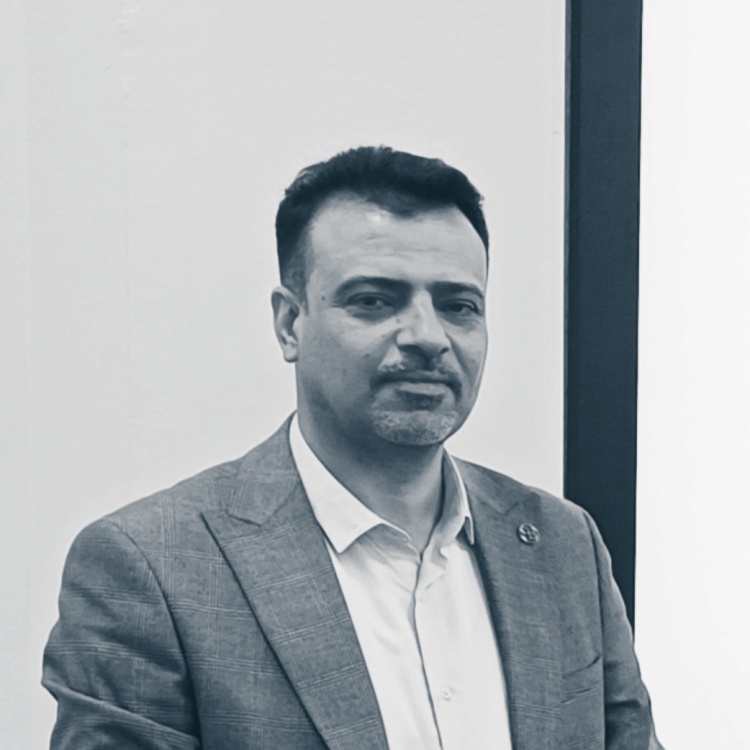Dr. Jessica Watkins
Associate

Short CV
Since 08/2021: Associat at the GIGA Institute for Middle East Studies
04/2021 - 08/2021: Research Fellow at the GIGA Institute for Middle East Studies
09/2020 - 05/2021: Guest teacher in International Relations, Department of International Relations, London School of Economics
07/2017 - 03/2021: Postdoctoral Research Officer for the Conflict Research Programme, the Middle East Centre, London School of Economics
2012 - 2013: International Relations Graduate Teaching Assistant, War Studies Department King’s College London
2007 - 2009: Research Assistant, Middle East and North Africa specialising in Iraq, the Rand Corporation, Santa Monica, CA
2002 - 2006: Middle East & North Africa analyst and Arabic linguist, UK government
Education: PhD War Studies (Civil policing in Jordan), War Studies Department, King’s College London, UK; M.A. International Relations, War Studies Department, King’s College London, UK; B.A. Hons (Middle Eastern Studies, Arabic with French), University of Cambridge, UK
Current Research
GCC Narratives of World Order
Countries and Regions
The GCC (Saudi, Qatar, the United Arab Emirates)
Iraq
Jordan

